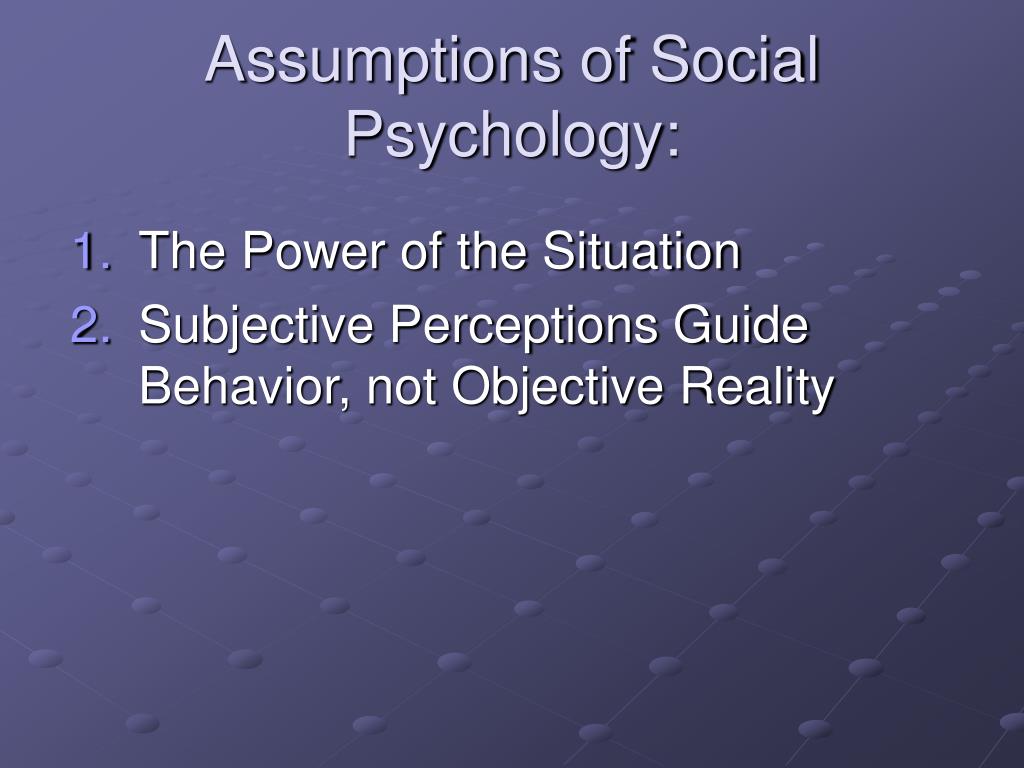
Larsen (Eds.), The science of subjective well-being (pp. Ed Diener and the science of subjective well-being. An evaluation of subjective well-being measures. Personality and Individual Differences, 6, 631–636. A multitrait-multimethod examination of affect structure: Hedonic level and emotional intensity. Toward an integration of subjective well-being and psychopathology.

A first study of the multidimensional students’ life satisfaction scale with adolescents. The role of positive emotions in positive psychology: The broaden-and-build theory of positive emotions. Social Indicators Research, 20, 355–381.įredrickson, B. A review of results of the happiness measures: A 60-second index of happiness and mental health. Personality and Social Psychology Bulletin, 11, 89–97.įordyce, M. Personality correlates of subjective well-being. Social Indicators Research, 65, 245–277.Įmmons, R. Global judgments of subjective well-being: Situational variability and long-term stability. National differences in reported subjective well-being: Why do they occur? Social Indicators Research Special Issue: Global Report on Student Well-Being, 34, 7–32.Įid, M., & Diener, E. Indian Journal of Clinical Psychology, 24, 25–41.ĭiener, E., Suh, E. Recent findings on subjective well-being. Subjective well-being three decades of progress. Schwarz (Eds.), Well-being: The foundations of hedonic psychology (pp. National differences in subjective well-being. Lawton (Eds.), Annual review of gerontology and geriatrics (Focus on emotion and adult development, Vol. Subjective well-being and age: An international analysis. Psychological Science in the Public Interest, 5, 1–31.ĭiener, E., & Suh, E. Beyond money: Toward an economy of well-being. Psychological Science, 13, 81–84.ĭiener, E., & Seligman, M. Social Indicators Research, 59, 229–259.ĭiener, E., & Seligman, M. Journal of Happiness Studies, 1, 159–176.ĭiener, E., Nickerson, C., Lucas, R. Positivity and the construction of life satisfaction judgments: Global happiness is not the sum of its parts. New York: Oxford University Press.ĭiener, E., Napa-Scollon, C. Lopez (Eds.), Handbook of positive psychology (pp. Subjective well-being: The science of happiness and life satisfaction. Journal of Personality and Social Psychology, 48, 1253–1265.ĭiener, E., Lucas, R. Frequency and intensity: Dimensions underlying positive and negative affect. Journal of Personality Assessment, 49, 71–75.ĭiener, E., Larsen, R. Journal of Personality and Social Psychology, 47, 1105–1117.ĭiener, E., Emmons, R. The independence of positive and negative affect.

Washington, DC: American Psychological Association.ĭiener, E., & Emmons, R. Diener (Eds.), Handbook of multimethod measurement in psychology. The finale: Take-home messages from the editors. Journal of Personality and Social Psychology, 69, 851–864.ĭiener, E., & Eid, M. Factors predicting the subjective well-being of nations. Journal of Personality and Social Psychology, 68, 653–663.ĭiener, E., Diener, M., & Diener, C. Cross-cultural correlates of life satisfaction and self-esteem. Psychological Science, 7, 181–185.ĭiener, E., & Diener, M.

Journal of Research in Personality, 30, 389–399.ĭiener, E., & Diener, C. Traits can be powerful, but are not enough: Lessons from subjective well-being. Social Indicators Research, 31, 103–157.ĭiener, E. Assessing subjective well-being: Progress and opportunities. Journal of Personality and Social Psychology, 38, 668–678.ĭiener, E. Influence of extraversion and neuroticism on subjective well-being: Happy and unhappy people. The structure of psychological well-being. Social indicators of well-being: Americans’ perceptions of life quality.


 0 kommentar(er)
0 kommentar(er)
